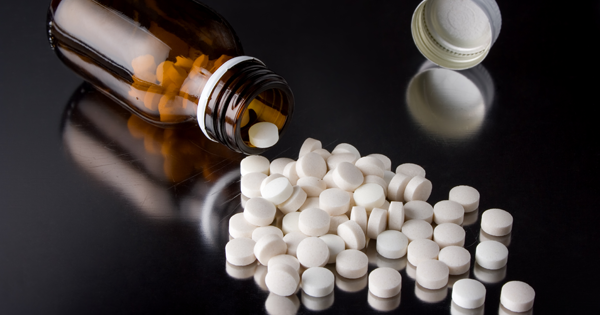What could possibly make a drug that’s over 60 years old skyrocket overnight?
It’s a hard thing to accept, but it’s because in this country, sometimes medicine is a business.
But let’s take a few steps back first.
This drug that we’re speaking of, called Daraprim, is a 65 year old drug that’s used to treat a pretty common parasitic infection called toxoplasmosis, which can be fatal for babies of women who are infected during pregnancy, as well as those with AIDS and cancer.
Until now, it was a mere $13.50 per tablet. Now that Turing Pharmaceuticals has acquired the drug, it’s $750 per tablet.
This would cost patients of toxoplasmosis an increase of hundred thousands of dollars per year for their treatment, and it may cause hospitals not to buy it anymore, and use other, alternative treatments that according to infectious disease specialist Dr. Judith Aberg, “may not have the same efficacy.”
Most of the drugs Turing Pharmaceuticals have acquired have gone through a price increase. Most of the time they’re new drugs, but many are drugs so old they’re generic and widely used, especially with those who cannot afford more expensive treatment.
This is part of a business strategy that involves taking old drugs and turning them into “specialty drugs.” It’s the same pill, just marketed at a much higher price tag.
To make matters worse, Turing also began restricting access to Daraprim, so generic companies can’t get their samples. This means that hospitals like Grady Memorial, which serves low-income patients in Atlanta, now cannot have access to this drug, and haven’t had it for a few months already.
But infectious disease experts have not sat idly by since this news. Both the Infectious Diseases Society of America and the HIV Medicine Association sent a letter to Turing Pharmaceuticals. They call the skyrocket “unjustifiable for the medically vulnerable patient population” and “unsustainable for the health care system.”
The founder of Turing, Martin Shkreli, said that it’s a matter of sustainability for his business, which apparently couldn’t stay afloat without dramatically increasing the price of this drug. Someone contradictorily, he also says that his company will use the “extra money” to develop better treatments.
Experts remain unconvinced.
Dr. Wendy Armstrong, professor of infectious diseases at Emory University in Atlanta, said, “I certainly don’t think this is one of those diseases where we have been clamoring for better therapies.”
“This seems to be all profit-driven for somebody, and I just think it’s a very dangerous process,” said Dr. Aberg.





